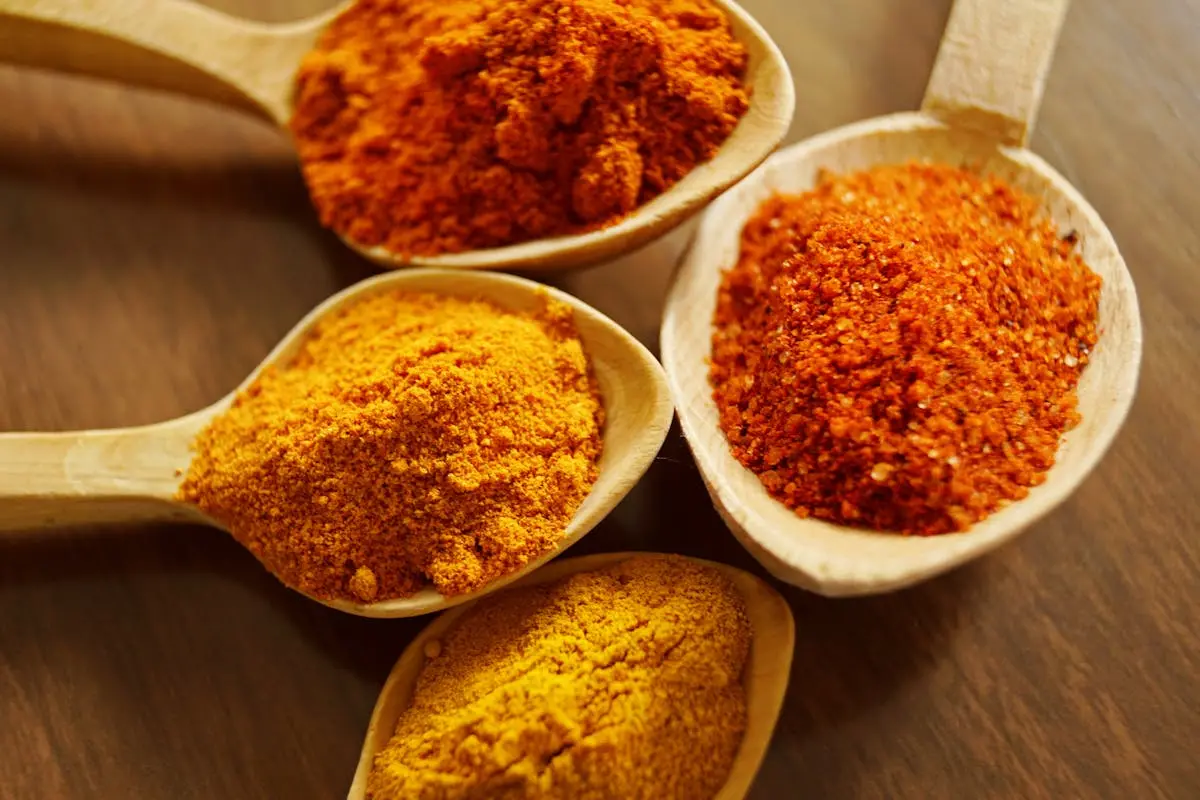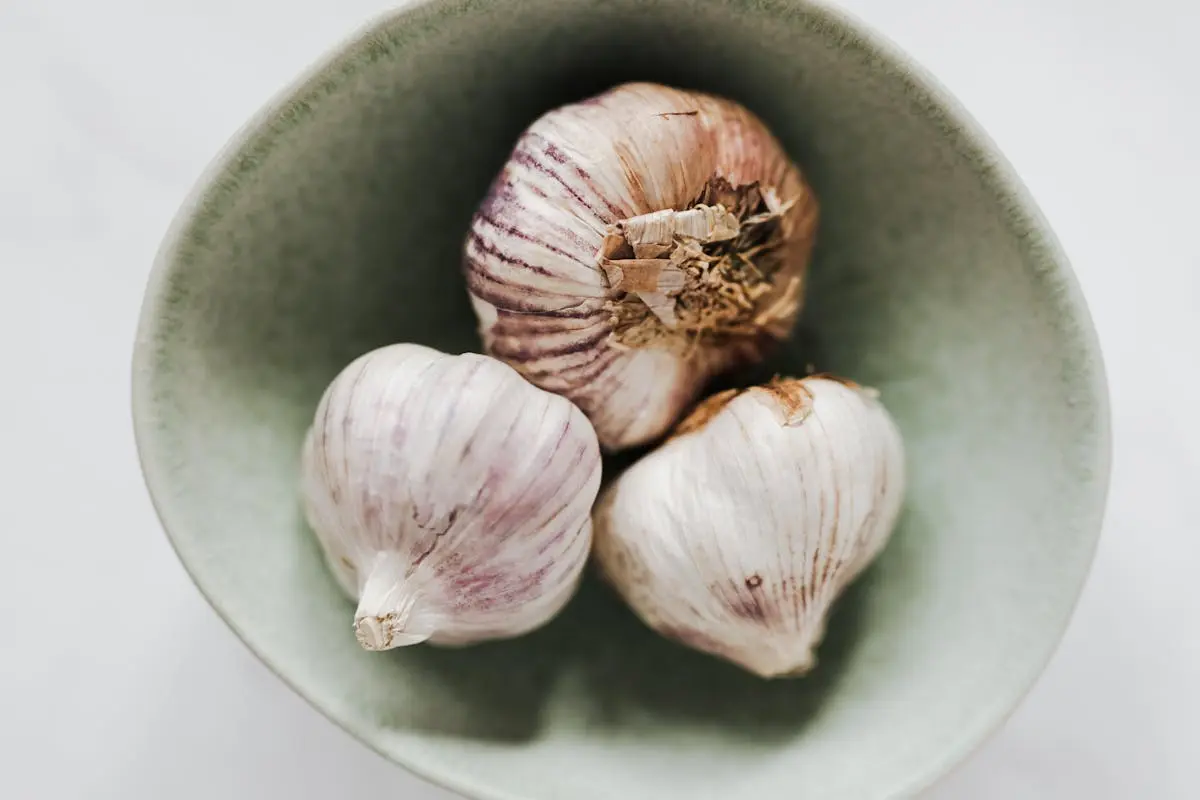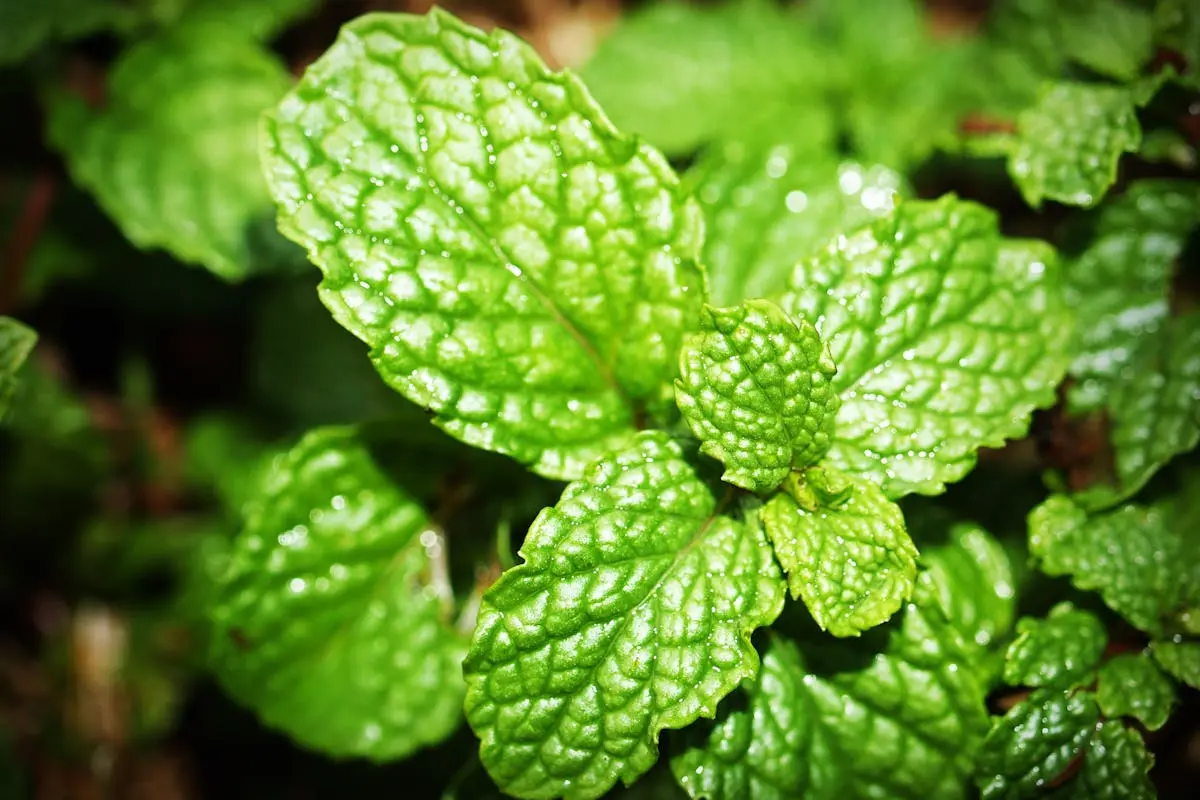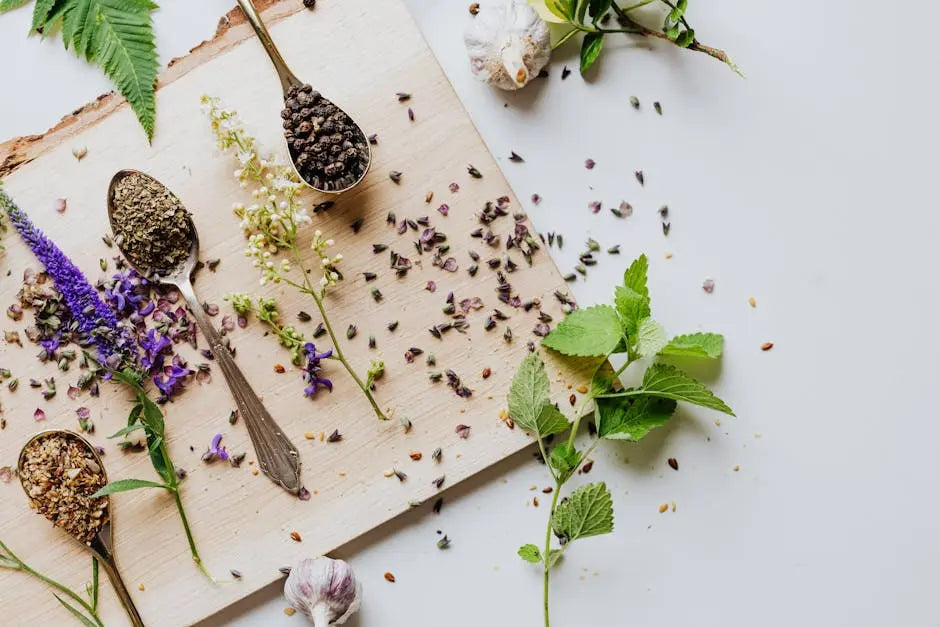Nature has provided us with an incredible array of herbs that not only enhance our meals but also hold remarkable healing properties. In this article, we’ll explore seven of these miraculous herbs, shedding light on their benefits, uses, and why they deserve a spot in your home. From boosting the immune system to soothing everyday ailments, discover how these natural healers can transform your wellness journey.
1. Golden Wonder: Turmeric

Turmeric is often hailed as a superfood, and for good reason. This bright yellow spice, derived from the Curcuma longa plant, isn’t just a staple in South Asian cuisine; it’s also packed with potent anti-inflammatory and antioxidant properties. Curcumin, the active ingredient in turmeric, is known for combating inflammation in the body, making it an excellent natural remedy for various ailments. Studies have suggested that incorporating turmeric into your diet may help alleviate symptoms of arthritis and other chronic inflammatory conditions.
Beyond its anti-inflammatory benefits, turmeric may also play a role in supporting brain health. Research indicates that curcumin can cross the blood-brain barrier, potentially enhancing cognitive function and reducing the risk of neurodegenerative diseases. Imagine the impact of adding a teaspoon of this golden wonder to your morning smoothie or stirring it into your favorite dishes. Not only does it provide a vibrant color, but the health benefits could be significant for your overall wellbeing.
2. The Soothing Touch: Chamomile

When it comes to relaxation, chamomile stands out as a gentle giant. Often consumed as a tea, this herb has a long history of use in traditional medicine, primarily for its calming effects. Chamomile is particularly effective in reducing anxiety and promoting better sleep, making it a go-to for those who find themselves tossing and turning at night. Just a warm cup before bed can help soothe the mind and prepare the body for restorative rest.
In addition to its sleep benefits, chamomile also boasts anti-inflammatory and digestive properties. It's known to relieve symptoms of indigestion, bloating, and cramps, making it a helpful companion after a heavy meal. Simply brewing a cup of chamomile tea after dinner can work wonders for your digestive health. With so many benefits packed into this delicate flower, it’s worth keeping chamomile on hand.
3. Nature’s Antiseptic: Garlic

Garlic isn’t just a flavor powerhouse; it’s also a remarkable natural healer. This humble bulb contains allicin, a compound known for its antimicrobial and anti-inflammatory properties. Incorporating garlic into your meals can elevate your dish's flavor while boosting your immune system's strength. This particular herb is often lauded for its ability to fend off the common cold and flu. Regularly consuming garlic may significantly reduce the duration and severity of these illnesses.
Additionally, garlic can contribute to heart health by lowering blood pressure and cholesterol levels. Studies have shown that a diet rich in garlic can help in reducing the risk of heart disease. Whether eaten raw, roasted, or as a supplement, garlic can add tasty zest to your dishes while serving as a powerful ally in preventive health.
4. The Energy Booster: Ginseng

Ginseng is often referred to as a tonic herb due to its incredible ability to enhance energy levels and improve overall vitality. This adaptogenic herb can help your body respond to stress more effectively, making it a fantastic addition for those leading busy lives. It’s particularly popular among athletes, as it’s believed to improve physical performance and endurance—perfect for those looking to boost their workouts naturally.
But that’s not all ginseng has to offer; it may also enhance cognitive function and boost mood. For those experiencing mental fatigue or a lack of focus, ginseng may provide that much-needed energy lift. Consider incorporating ginseng tea into your daily routine or taking ginseng supplements as part of your wellness regimen for a gentle yet effective energy boost.
5. The Digestive Dynamo: Peppermint

Peppermint is not only a refreshing herb but a powerhouse for digestive health. Originally used in ancient times to soothe stomach discomforts, peppermint continues to be a favorite for alleviating symptoms of digestive upset, bloating, and irritable bowel syndrome. The menthol present in peppermint is known to relax the muscles of the gastrointestinal tract, providing relief and comfort after heavy meals.
In addition to its digestive benefits, peppermint can also help clear congestion and boost respiratory health. A cup of peppermint tea not only aids digestion but can also open up sinus passages and improve airflow. The combination of its soothing effects and refreshing taste makes peppermint a must-have herb in your home.
6. The Mood Enhancer: Lavender

Lavender is widely celebrated for its relaxing aroma and calming properties, which may explain its popularity in aromatherapy. Known for its ability to ease anxiety and promote tranquility, lavender can transform your space into a serene sanctuary. Lavender essential oil is commonly used in diffusers, baths, and massage oils for its soothing effects on the mind and body. A few drops can create a peaceful environment, perfect for winding down after a busy day.
This lovely herb also boasts anti-inflammatory and antiseptic properties that can benefit the skin. Lavender oil is often used to treat minor burns, cuts, and insect bites. It not only aids in healing but also provides a pleasant scent that can calm and comfort. With its diverse uses, lavender is an essential herb that deserves a special place in your home.
7. The Immune Protector: Elderberry

Elderberry is a well-known herb for supporting immune health, particularly during the cold and flu season. Rich in antioxidants and vitamins, elderberry is thought to increase the production of cytokines, proteins that play a crucial role in the immune response. Sipping elderberry syrup or tea can provide a protective shield against illnesses, making it a popular natural remedy among health-conscious individuals.
In addition to its immune-boosting properties, elderberry also demonstrates anti-inflammatory effects, which can help reduce symptoms of respiratory infections. Many people turn to elderberry to alleviate coughs, nasal congestion, and other seasonal ailments. Whether in syrup, gummies, or teas, elderberry is a versatile herb that can enhance your health and resilience, especially during challenging seasons.
Read more

Understanding Fulvic Acid: A Powerful Detox Agent What is Fulvic Acid? Fulvic acid is a natural, organic compound formed through the decomposition of plant and animal matter. It belongs to a g...

The Wormwood Complex: A Natural Solution for Parasite Cleansing Parasites are a hidden health concern that can quietly affect your digestion, energy, skin, and overall well-being. From fatigue ...

Leave a comment
This site is protected by hCaptcha and the hCaptcha Privacy Policy and Terms of Service apply.